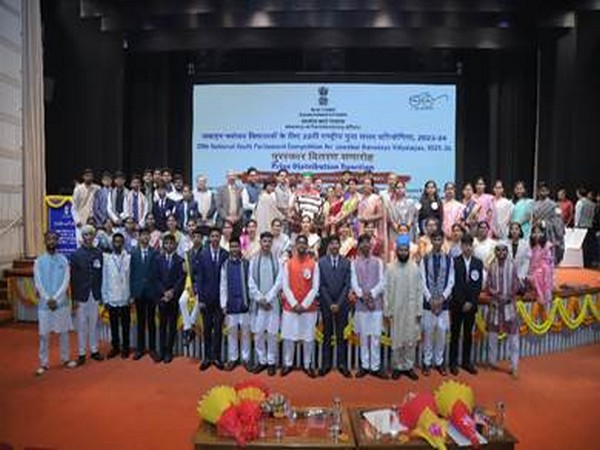New Bill on Data Protection Tabled
In a pivotal move during the Monsoon Session, the Indian government introduced the Digital Personal Data Protection Bill 2023 in the Lok Sabha. Built on four years of deliberation and revisions, the Bill is designed to institutionalize consent based data processing, impose stiff penalties for breaches, and establish a regulatory board to oversee compliance. Entities mishandling data could face fines ranging from ₹50 crore to ₹250 crore ($6 30 million), while individuals providing false information may incur smaller fines.
Provisions & Safeguards
The Bill strictly mandates platforms and businesses secure users’ explicit and informed consent before data processing. Consent withdrawal must lead to data erasure. Crucially, it enables cross border data transfer with exceptions for countries the government may blacklist while introducing a voluntary "plea bargain" style breach disclosure mechanism to enhance transparency.
A Data Protection Board of India will be established under Chapter V, tasked with adjudicating violations. However, the central government can demand information from fiduciaries and the board itself. This broad exemption has sparked debate over its impact on institutional independence.
Criticism & Debate
Civil liberties advocates argue the Bill falls short of Supreme Court backed privacy norms (Puttaswamy v. Union of India). Concerns focus on sweeping government exemptions and the dilution of user protection clauses, such as compensation for victims reversed from earlier drafts. Analysts like those at Atlantic Council note that such carve outs risk turning the legislation into a de facto surveillance tool, granting the state disproportionate access.
Political Overview
Introduced as a finance bill, the decision drew ire from opposition leaders. Congress MP Manish Tewari criticized the format and urged referral to a Joint Parliamentary Committee. AIMIM’s Asaduddin Owaisi also demanded enhanced privacy protections and opposition reviews to check “creeping state control”.
Government proponents frame the Bill as a core pillar of a $1 trillion digital economy, filling a long identified legal void after the withdrawal of the 2019 legislation. Rajeev Chandrasekhar praised its global alignment with privacy standards and pledged its timely progress through Parliament.
Implications Going Forward
Pending stakeholder feedback, the Bill faces critical amendments. Watchpoints include the fate of government exemptions, data localization guidelines, liability norms, and the independence of the Data Protection Board. Tech entities and advocacy groups are poised to negotiate across these fault lines.
Outlook
Passage is anticipated by year end. But stakeholder resistance especially from privacy advocates, tech firms, and opposition voices could delay implementation or shape subsequent reinterpretation via case law. If successfully enacted, it could align India with global peers such as the EU GDPR and U.S. privacy frameworks, bolstering trust in its digital economic ecosystem.






 New Attendance App Transforms School Monitoring System
New Attendance App Transforms School Monitoring System  Mandatory Teacher Certification Enforced Across Indian States
Mandatory Teacher Certification Enforced Across Indian States  Stevens Point, Wisconsin tests emergency sirens as part of planned upgrade maintenance
Stevens Point, Wisconsin tests emergency sirens as part of planned upgrade maintenance  Floods kill eight at Nepal China border Friendship Bridge collapse
Floods kill eight at Nepal China border Friendship Bridge collapse  Caden Pierce to redshirt
Caden Pierce to redshirt